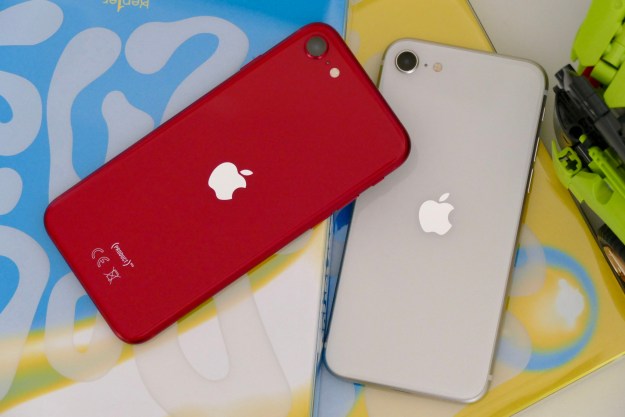
Citing its “mandate to ensure that rates for phone calls are just, reasonable and fair for all Americans,” the FCC on Thursday decided to implement its first-ever cap on local and in-state long-distance inmate calling, and moreover, slashed by up to 50 percent its existing cap on interstate long-distance.
The Commission further decided to bar “most add-on fees imposed by inmate calling service (ICS) providers, and set strict limits on the few fees that remain,” noting that these additional nickels and dimes “can increase the cost of families staying in touch by phone with loved ones who are incarcerated by as much as 40 percent.”
All phone calls in both state and federal prisons have now been capped at $0.11 per minute, which should significantly reduce the estimated tens of thousands of dollars some 2.4 million families have to pay simply to say hello.
FCC Commissioner Mignon Clyburn, who has advocated the reduction of these costs for years, calls the absurdly high rates “the clearest, most egregious case of market failure ever … this is a major cost that families pay,” she told NPR, “and these families are the most economically vulnerable in our nation.”
But of course, those whose primary concerns lie with their profits are less than pleased by this development. “It’s financially borderline catastrophic,” said Brian Oliver, CEO of Global Tel*Link or GTL, one of the biggest providers for prison phone calls. “Rates are high because people want commissions,” he told NPR. “And the people who set the rules, the counties and the states who want that income, directly create the high rates. When there are no site commissions, the evidence is clear: Rates become extremely affordable.”
Others are promising to fight the new caps, like service provider Securus Technologies, whose CEO Richard Smith said, “Today, the FCC made a colossal error in judgment, law, public safety, and policy.”
But for those who have long advocated more reasonable call rates, the FCC’s decision is one that is not only financially responsible, but ultimately beneficial for society at large as well. The FCC points out that “contact between inmates and their loved ones has been shown to reduce the rate of recidivism,” and notes, “Reducing the cost of these calls measurably increases the amount of contact between inmates and their loved ones, making an important contribution to the criminal justice reforms sweeping the nation.”
Editors' Recommendations
- You won’t believe how I improved my phone’s battery life
- The iPhone 11 won’t support 5G, and that’s totally fine — for now


